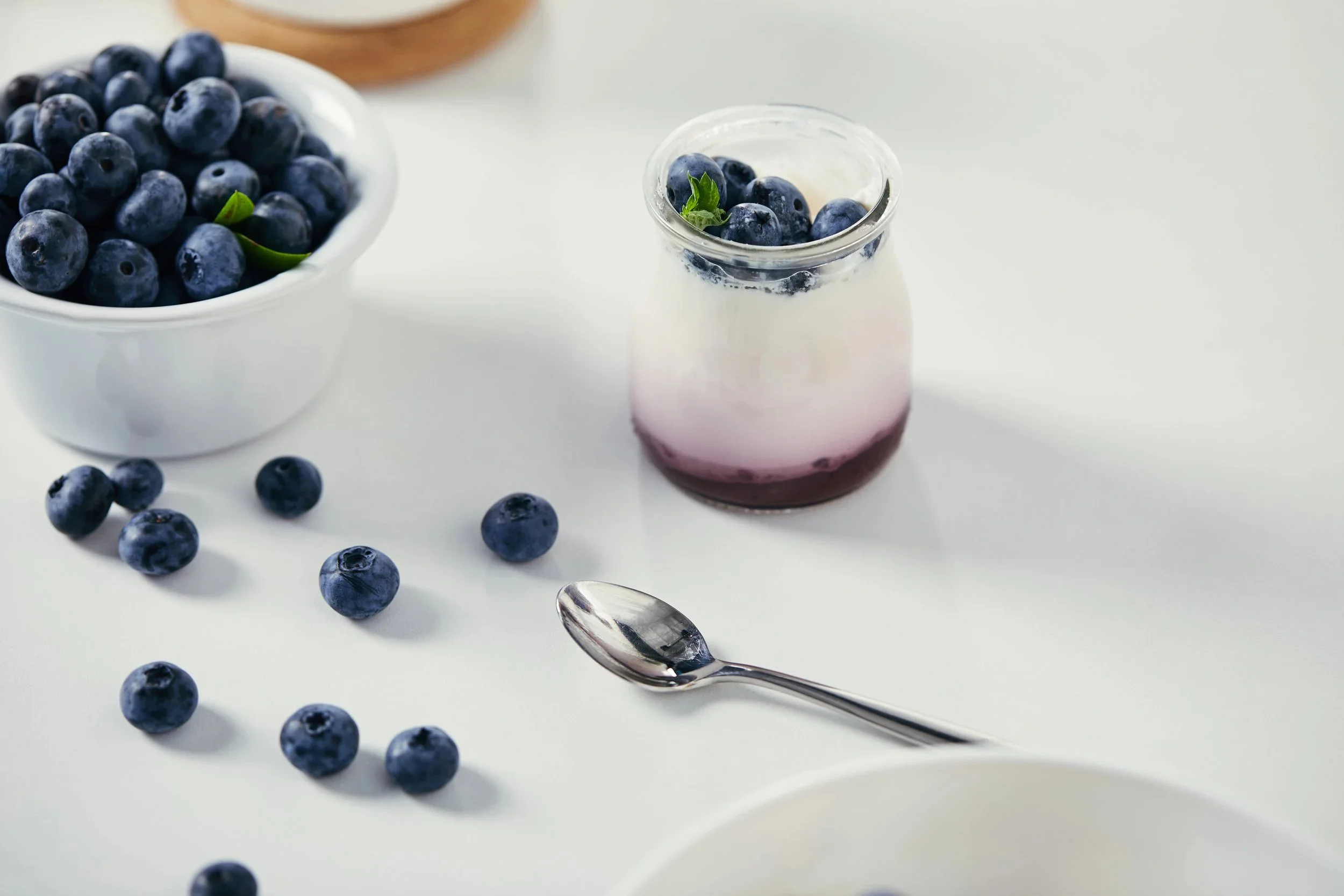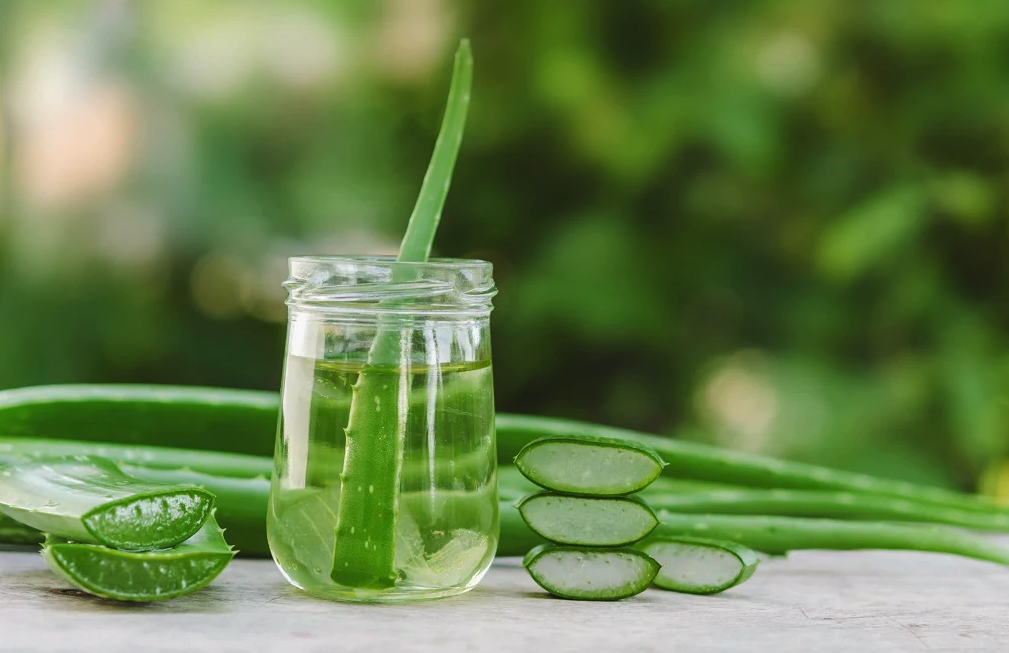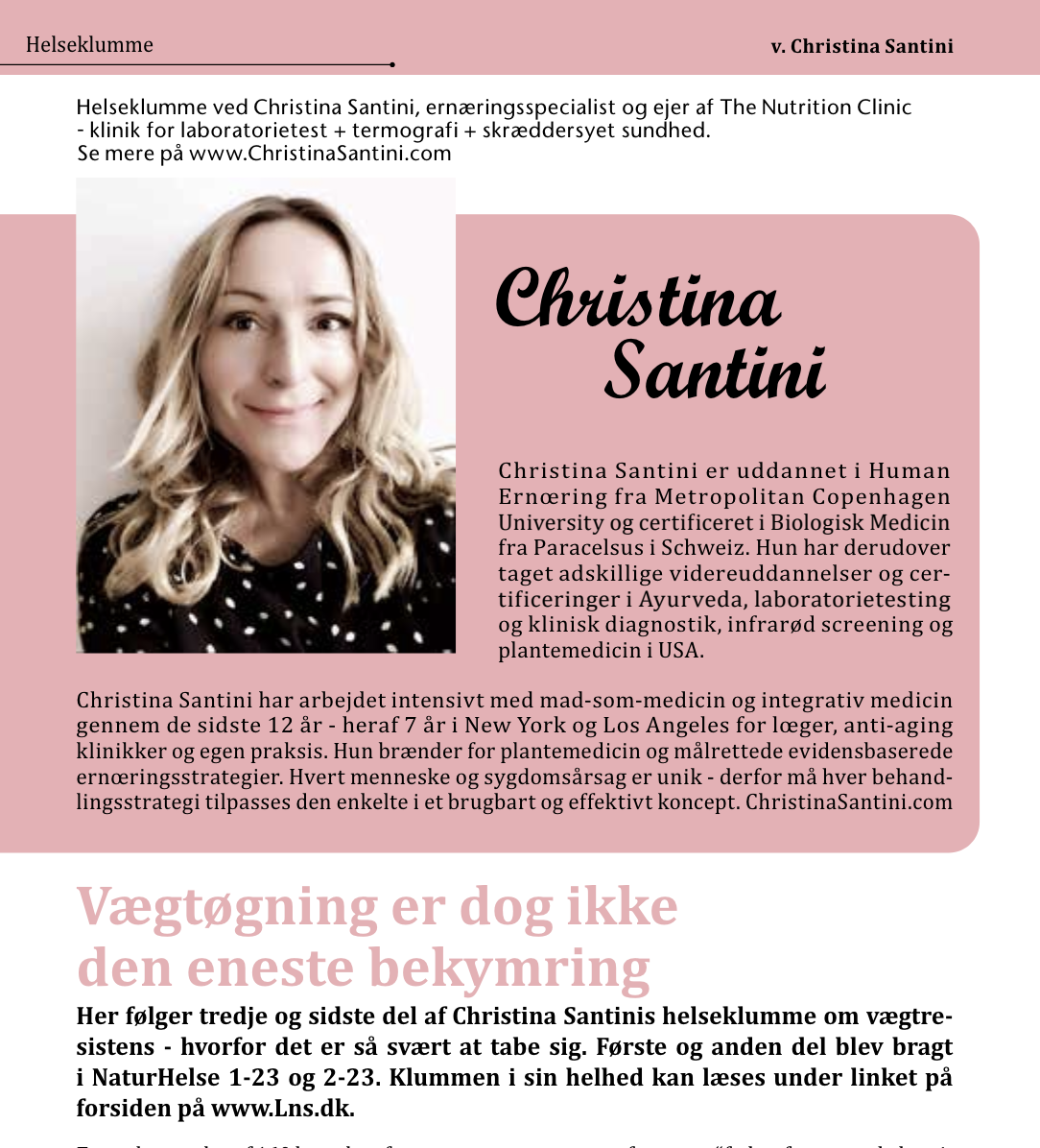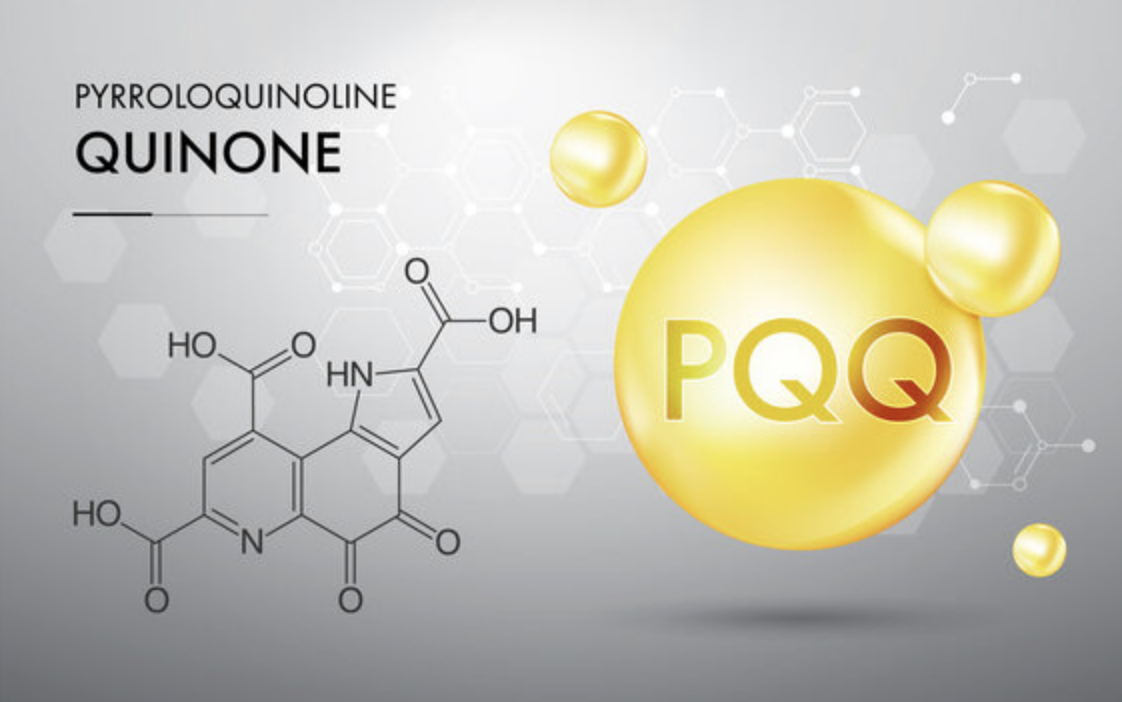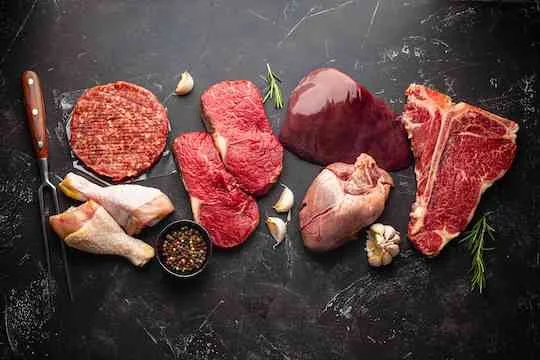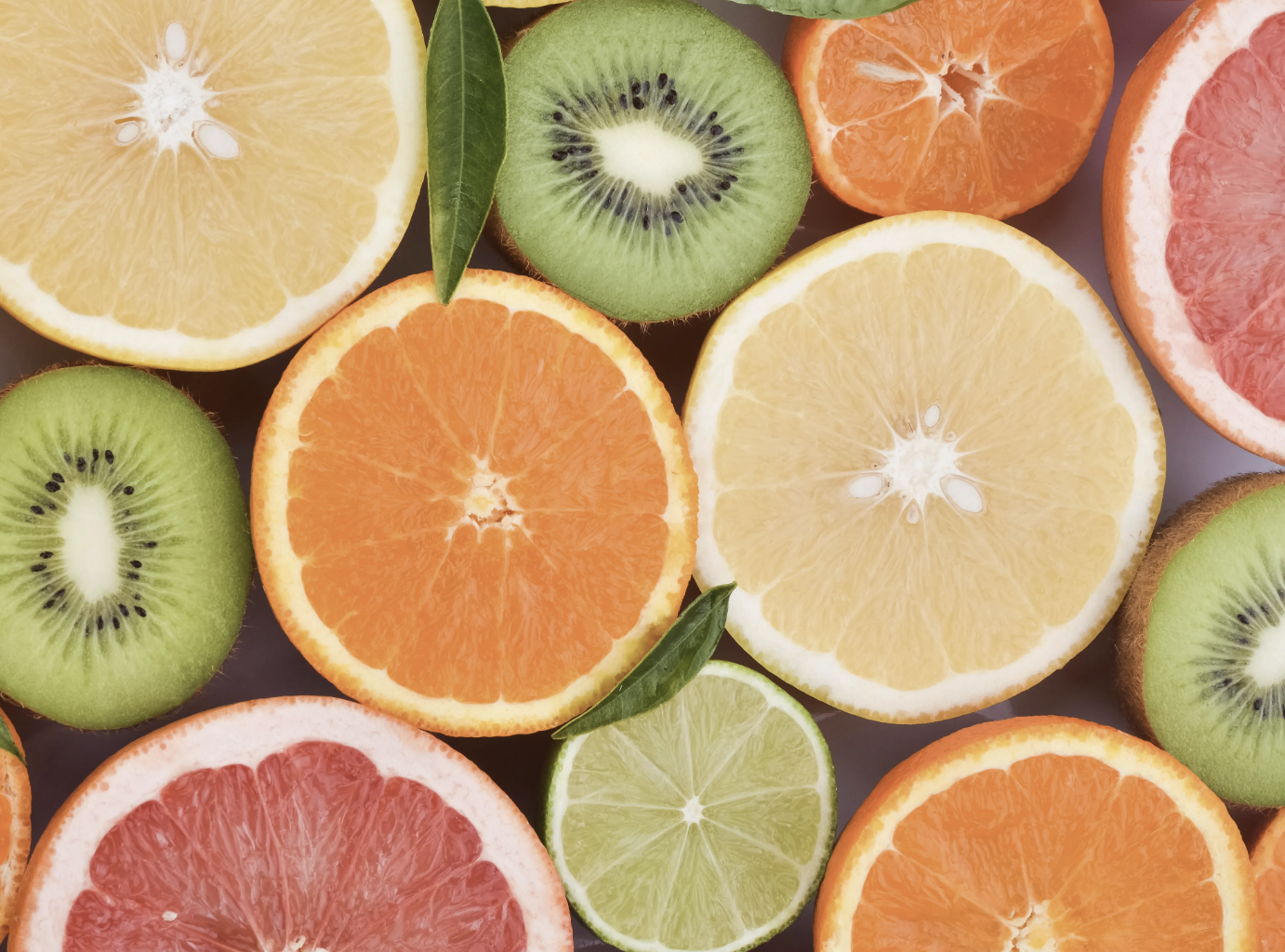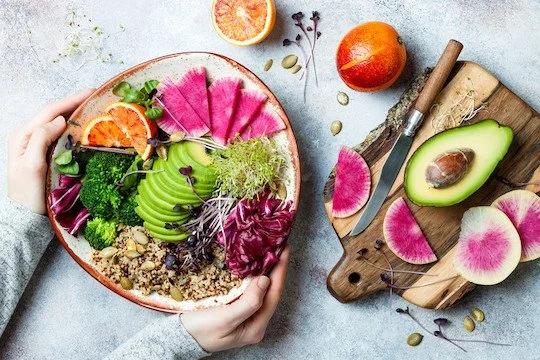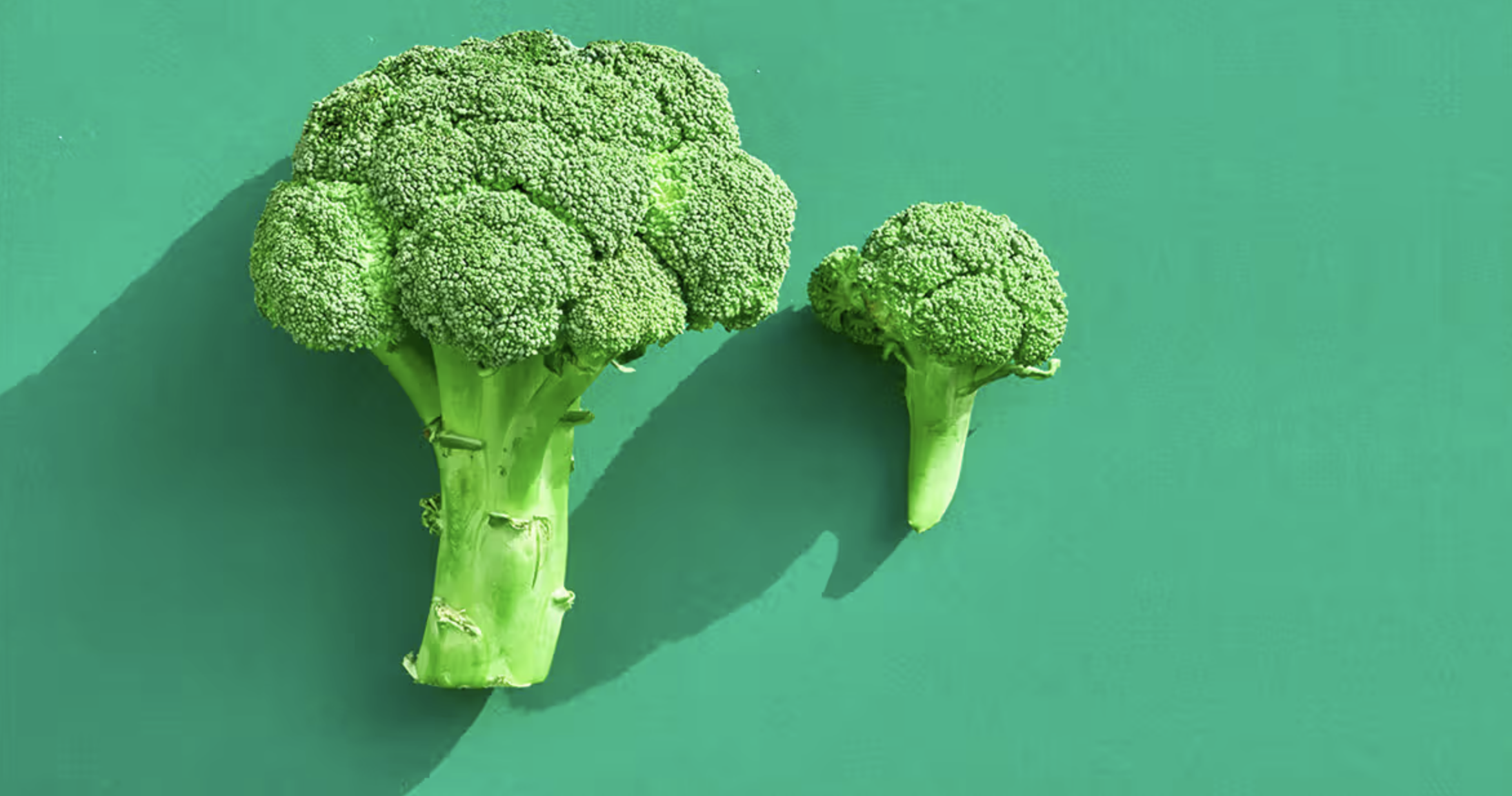
health briefs
This is smart health for real life. Short reads, clear science, practical moves. I show you where better energy, focus, and resilience come from. Follow along for data-driven insights, clinical strategies, and behind-the-scenes perspective on strategic health for individuals and companies.
Most “detox” advice backfires.
People end up starving the liver of what it actually needs to detox.
You don’t detox by restriction. You detox by supporting biochemistry. Let's say you're following a low-carb diet trend at the moment, here's what really happens: when carbohydrates stay too low, the liver switches to gluconeogenesis. It begins converting amino acids like glycine and glutamine into glucose - the same amino acids required for Phase II detoxification: glutathione conjugation, sulfation and glucuronidation.
ARTICLE FEATURE: VOYAGE LA NOV 2025
“Most people silently fear being replaceable – and in serving that fear, they create the outcome they dread.”
Burnout isn’t emotional. It’s biochemical. Before your life falls apart, your labs already show the pattern – cortisol chaos, glucose instability, inflammatory drift, and the physiology of living out of alignment. Performance is killing trust. In work, relationships, and even health, people are performing instead of connecting – and it’s making them replaceable. In my new interview, I talk about why authenticity is cognitively magnetic, why your brain relaxes around congruence, and what actually makes someone irreplaceable.
I also break down my method – where medicine, performance, and strategy meet – and why health becomes leverage, not damage control. And yes: why longevity hype without clinical training is malpractice.
If you want the unfiltered version, read the full conversation here.
HbA1c isn’t just about diabetes
It’s one of the strongest predictors of how fast you’re aging. It reflects your 3‑month blood sugar average — and when it starts creeping up, you’re already losing years of focus, energy, and resilience.
The problem? Most doctors don’t flag it until it’s diabetic. By then, the damage is done.
High performers who ignore HbA1c are often aging 30% faster than they should - and they don’t even know it.
Why Detox Isn’t a Trend – It’s a Modern Necessity
In today’s world, detoxification isn’t about sipping celery juice or starving on lemon water for three days. It’s about helping your body actually process and eliminate the massive load of environmental toxins we’re exposed to daily.
From polluted air and pesticide-laced produce to heavy metals in seafood and endocrine disruptors in skincare – toxins are no longer the exception. They’re the baseline.
Ozonated Glycerin: The Under-the-Radar Skin Ingredient That Actually Works
Let’s be honest: most “anti-aging” skincare is just expensive marketing. But every so often, something niche but powerful slips under the radar. One of those? Ozonated glycerin.
It might sound like something out of a lab experiment—but it’s actually a well-researched compound that supports skin health from the root up. And no, it’s not just hype.
What is ozonated glycerin?
Bacterial Strains Associated with Weight Regulation
It is not straightforward to categorize bacteria as simply "good" or "bad." The key factor is the balance of bacteria within the gut microbiome. While some types of bacteria are beneficial in small quantities, an overrepresentation can lead to health issues - including weight gain.
Are Seed Oils Really That Bad? Let’s Talk Facts — Not Fear
Let’s be honest: if you hang out on health TikTok or deep-dive into wellness podcasts, you’ve probably heard people calling seed oils "toxic," "inflammatory," or even “the root of all chronic disease.”
Seed oils — like canola, sunflower, soybean, and corn oil — have been demonized hard in recent years. But here's the truth: seed oils are not inherently bad, and some of the claims against them are, well… a little overcooked.
Let’s unpack what’s actually true, what’s overhyped, and why omega-6 fats (the main component of seed oils) are literally essential for your body.
Sugar Is Not Toxic: A Scientific Perspective
Sugar is not a toxin. You cannot “detox” from sugar. Sugar often gets a bad rap in today’s health-conscious world, with many headlines labeling it as “toxic.” But when we take a closer look at the science, the reality is more nuanced. Sugar, in and of itself, is not toxic — it is a natural component of many foods and plays important roles in human biology.
ARTICLE FEATURE: Why we struggle with weightloss resistance part 3 (DANISH ONLY)
This is part 3 out of 3 of a series I’ve written for Danish health magazine LNS about why we struggle with weightloss resistance.
Read the full article here (p 18-22): click here and feel free to share.
Supplement focus: how PQQ might help better your sleep!
PQQ is an antioxidant and based on recent research, it shows to be more powerful at fighting free radicals than vitamin C - this directly impacts and lowers inflammation and stress in our body.
A small, 8-week study in 17 people found that taking 20 mg of PQQ daily resulted in significant self-reported improvements in sleep quality and fatigue. This is thought to be mainly due to its effect on normalizing cortisol levels.
ARTICLE FEATURE: Why we struggle with weightloss resistance (DANISH ONLY)
This is part 2 out of 3 of a series I’ve written for Danish health magazine LNS about why we struggle with weightloss resistance.
Read the full article here (p 18-22): click here.
Feeling fat and depressed on keto? You may have a defect on your carnitine-transporter
Are you following keto and find that you CANNOT lose weight and rather you are actually gaining weight?
Then it may be because you belong to the group that has a defect in the carnitine transporter.
No one is designed to follow an extreme diet like keto for the rest of their lives - but there may be times when restrictions on certain food groups are necessary due to illness and imbalances.
Even though we humans are bio-individual, we are still built very similarly in terms of how we convert energy in the body and build muscles etc.
There is no good science behind all of these come-and-go theories that exclude carbohydrates for everyone, or fat for everyone, or animal protein for all.
Some of us can thrive on these diets because we - perhaps for the first time in our lives - clean up our bad eating habits and decide to now completely exclude junk food and finally eat "real food". It's always a good idea to eat "real food" from nature, but it doesn't necessarily have anything to do with the ratio or exclusion of carbohydrates/proteins/fats.
However, for people with a defect in the carnitine-transporter, it can be very harmful to eat keto because they have a reduced ability to convert fat (ketones) into energy - and instead store it in the body.
Natural vitamins may be superior to synthetic ones
“There appears to be a tendency to label those who profess that natural vitamins are better than synthetic ones as quacks. This broad brush label may be stifling legitimate nutrition research. This paper describes physiochemical differences between certain natural and synthetic vitamins, proven clinical advantages of natural vitamins, and some of the effects this labeling may lead to. It concludes that lessons of history as well as modern science support the view that natural vitamins are nutritionally superior to synthetic ones.”
Read the full study here: https://pubmed.ncbi.nlm.nih.gov/11090291/
Food fears often based on bad science
Food has so many properties that we often draw false conclusions, when we only focus on one aspect: e.g. you can easily be misled into thinking bananas and whole grain products are "unhealthy" when you only look at it from its impact on blood sugar coming from a keto diet point of view. Or you can be misled into thinking that plants should be avoided because they contain small amounts of toxins, and therefore you should follow a carnivore diet (meat-based). The fact is, however, that it is about quantity. Anything can be toxic if the dosage is high enough. And just as exercise and resistance train our muscles - but must not be overdone, because then it breaks us down, likewise fibers and many of these antinutrients actually train our digestion, so that it becomes resilient and results in a diverse and healthy gut microbiome. Now if you are already sick you may of course need a targeted elimination diet temporarily in relation to symptom management short-term - but this will never cure the underlying problem. Eg. mold is linked to IBS, which in turn is linked to SIBO/SIFO, so if you focus on the intermediate or end product, you never get to the bottom of what is causing the inflammation in the intestinal system and the overgrowth of bacteria and fungi in the small intestine and the resulting " food intolerances". Bottom-line: if you struggle with a lot of food intolerances and digestive issues a restrictive diet will not cure it, but may manage the symptoms short-term, yet longterm may make the problem even worse. Restrictive diets are NOT healthy longterm. And if a practitioner is recommending such, it is a RED FLAG.
How cold therapy is RUINING your nervous system!
Now admittedly I’ve been winter swimming in icy waters in Scandinavia since I was 3 years old (voluntarily following my mom in the ocean, mind you). I’ve always been keen on the benefits of cold-and-heat alternating therapies and how it can tone our vagus nerve and thereby help alleviate stress and build resilience.
However, right now this cold therapy trend is getting out of control.
This trend is being pushed by influencers with no health education or people without an understanding of the nervous system - yes, even researches focusing on one aspect only i.e. how cold therapy can change our fat tissue. However, this is ONLY one aspect of how cold therapy is affecting us. We need to understand the bigger picture of how something is affecting us LONG-TERM and our body as a whole, before we dive in. Most importantly we need to understand how our own nervous system is wired and what therapies is best matched to that. Too many lack the understanding of doing things in short bursts or in moderation to stress the body short-term in order to build resilience long-term - instead they are pushing the body beyond capacity, staying in ice water for 5-20 minutes with the mantra “more is better” or just being solely focused on changing fat tissue without understanding what large doses of adrenaline release does to the nervous system.
Are you taking synthetic vitamin C?
I am not a big fan of synthetic supplements - and there are plenty of studies supporting that synthetic vitamins are NOT comparable to natural vitamins due to missing co-factors amongst other issues.
Synthetic vitamin C is however what most of us are consuming if we are taking supplements on the regular. And I only recommend synthetic vitamin C if you are acutely fighting an infection as the longterm benefits are severely lacking - on the contrary.
A recent study reported a positive association between supplemental vitamin C intake and kidney stones in a cohort of 23,355 Swedish men; the multivariable adjusted relative risk associated with supplemental use of vitamin C was almost double compared with no use!
Read the full study here: https://pubmed.ncbi.nlm.nih.gov/23381591/
NOTE: I absolutely do recommend supplements, but the quality most of us are taking is absolute garbage and not related to better health outcome. The headlines in the newspapers do not differentiate between synthetic supplements and naturally derived supplements, although this is the key issue in the health outcome!
Who should go vegan?
Yet another vegan “documentary” taking up space on Netflix these days: “You Are What You Eat: A Twin Experiment”. And it hasn’t even been more than a handful of years ago, there was the last wave of veganism driving through the country with the movie Game Changers on Netflix, swiping across the country with more peer pressure than your average influencer’s lip filler. Same arguments, same counter arguments. It gets boring for those of us who live long enough to see the circling trends in health care - same claims, same debunking and on and on it goes. Each generation has to learn from scratch all over again. Yes I sound like I’m a million years. But really, I don’t have patience for this utter nutritional nonsense trendy stuff proposed by self-claimed experts often with no relevant educational background when it comes to nutrition science.
I never really commented much on it, because we are missing the boat completely when it comes to changing our health by focusing so much on meat vs. plants, and the debate has so many emotional ties attached to it, that it rarely seems constructive to dive in.
Can you have too low homocysteine?
We mostly know homocysteine as something we have to worry about not getting too high. And that is absolutely true: too high homocysteine is directly related to higher mortality and risk of cardiovascular disease.
But can homocysteine also become too low?
It turns out that the answer is yes: low homocysteine levels are actually linked to increased disease risk. For example, low homocysteine has been shown to have a strong association with peripheral neuropathy.
Research shows that a surprising 41% of patients with idiopathic peripheral neuropathy have hypohomocysteinemia (too low homocysteine). And sulfur is absolutely essential for healthy homocysteine levels. There can be several reasons for imbalances with sulfur in the body - e.g. mold can affect sulfur and thereby homocystein levels. Unfortunately, it is not always as simple as just doing a mineral test for sulfur and thereafter concluding when levels are found low to simply eat foods higher in sulfur to provide the building blocks in order to normalize homocysteine levels (aka broccoli, cabbage, meat).
However, mineral, vitamin and heavy metal tests are always one of the first things I do on all clients who come in for a health check-up, because this is basic information we need to know before we can dig deeper
Vitamin, mineral and metal test incl. 30 minutes review can be booked as a separate service on the website and is also included in all health check-ups.
No, lemon water is not a "health gimmick"
I’ve been drinking lemon or grapefruit juice diluted into water the first thing every morning for decades, literally. Yes decades, without going further into dating myself here.
While I too get real tired of wild claims about this or that diet, mainly because there is never good science behind, I do not tire of the potential of understanding foods therapeutic impact on the body. Having worked with nutrition for 20 years, I have seen so many diets come and go, it drives me nuts, that we have to make something so simple, so very complicated.






